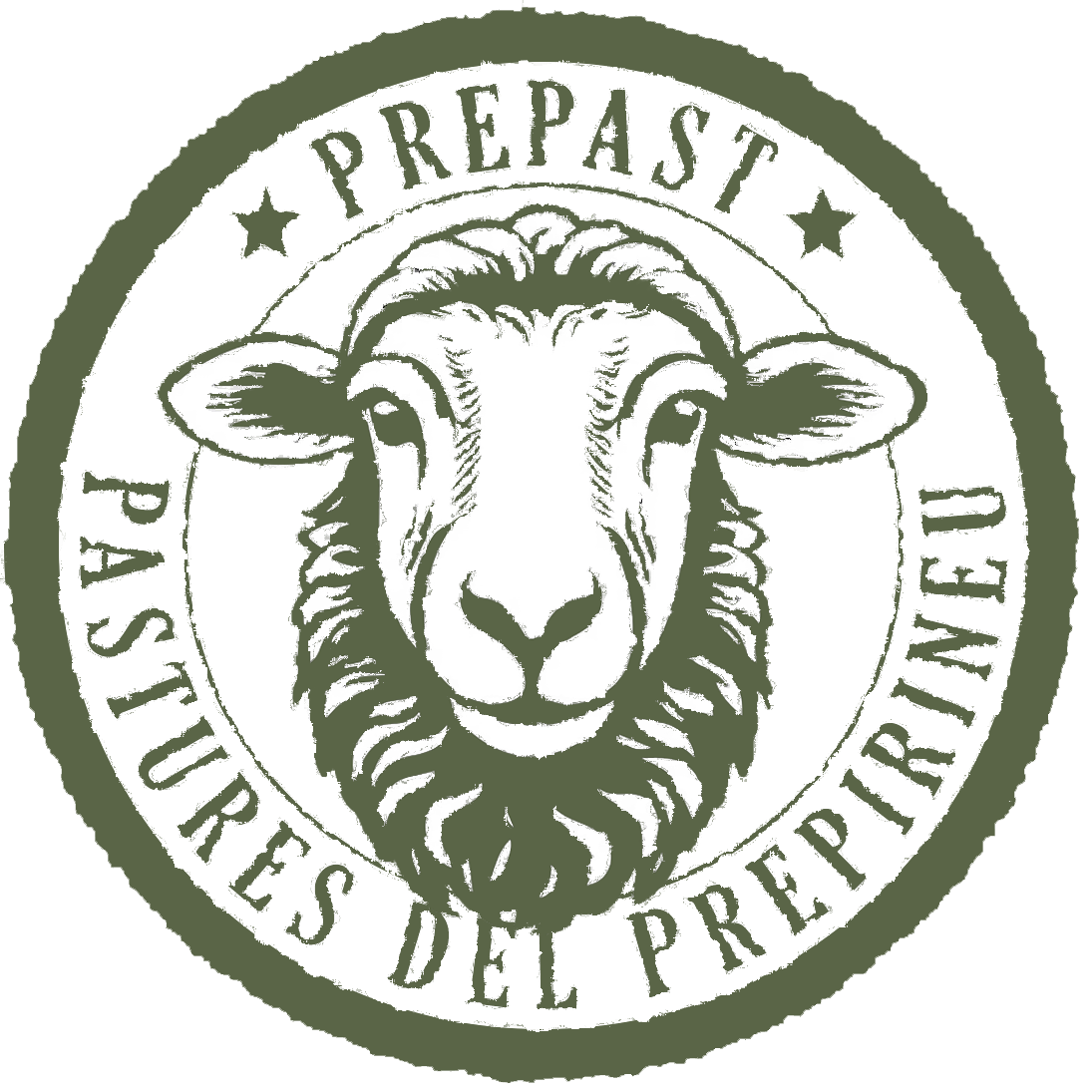
Biodiversity Foundation PREPAST Project: Ecopastoral assessment of extensive livestock farming in the Montsec and Boumort mountain ranges, the Lleida Pre-Pyrenees, and the rest of the Spanish Pre-Pyrenees. Management to improve associated ecosystem services.
- Type Project
- Execution 2024
- Scope Europeo
- Main source of financing Recovery, Transformation and Resilience Plan (PRTR)
- Project website Web del Proyecto
The rural exodus and abandonment of extensive livestock farming produce more homogeneous, less diverse, and less resilient landscapes to the effects of climate change, such as wildfires. Depopulation in rural Spain primarily affected small municipalities, often poorly connected and with few job opportunities. All of this has led to the disappearance of herds and shepherds in many areas, which in the long run leads to ecological problems (landscape homogenization, risk of wildfires, loss of biodiversity) and economic problems (loss of a sustainable resource).
To boost the bioeconomy, the ecological transition, adaptation to climate change, and the fight against rural depopulation, extensive livestock farming and its potential as green infrastructure are being promoted in protected areas of the Pre-Pyrenees, one of the most sparsely populated areas of the northeastern Iberian Peninsula. Special attention is paid to the ecosystem services of pastoralism and the social appreciation of the shepherd's profession.
Data collection and creation of GIS layers of current and historical grazing areas. Identification of problems with extensive livestock farming and potential solutions. Multi-criteria analysis of priority areas for promoting extensive grazing, with benefits for fire prevention and biodiversity. Creation of a pasture bank. Drafting of a template lease/custody agreement. Publication of a best practices manual. Direct management with ecosystem criteria. Tourism and cultural activities around the world for shepherds. Marketing and valorization of extensive livestock products.
The disappearance of extensive herds poses ecological problems (homogenization of the landscape, risk of fires, loss of biodiversity), economic problems (loss of a sustainable resource), and social problems (depopulation of the territory).
The main objective is to restore extensive grazing in the Spanish pre-Pyrenees to promote the region's bioeconomy, promote ecological transition, and combat rural depopulation and the gender gap.
- Associació per a la Salvaguarda de la Biodiversitat i la Natura (La Sabina)







